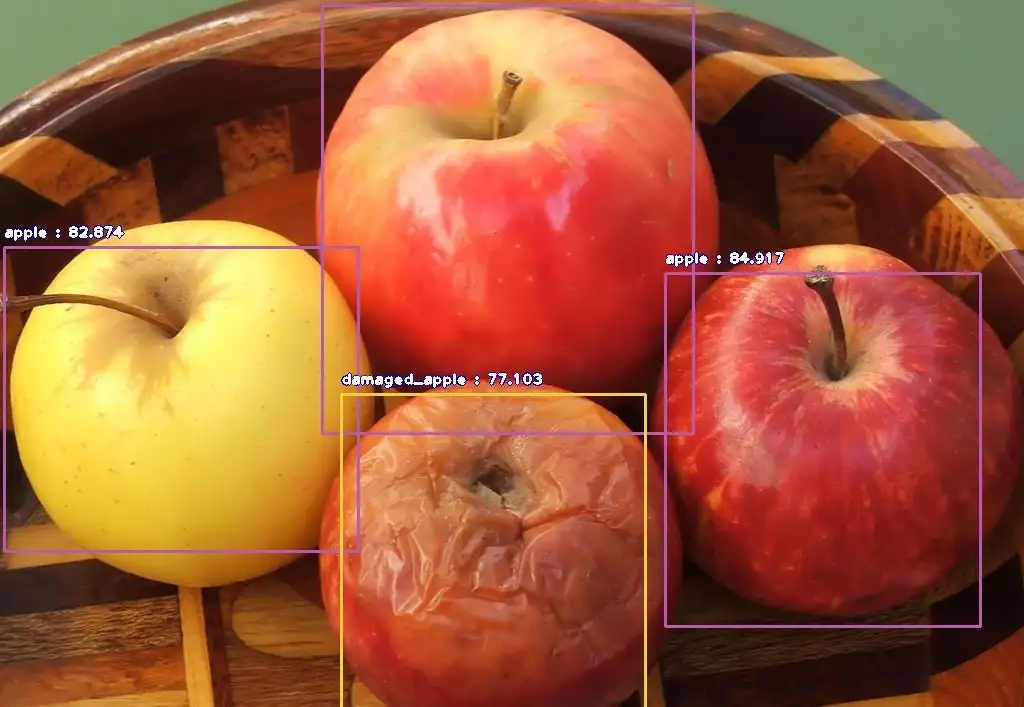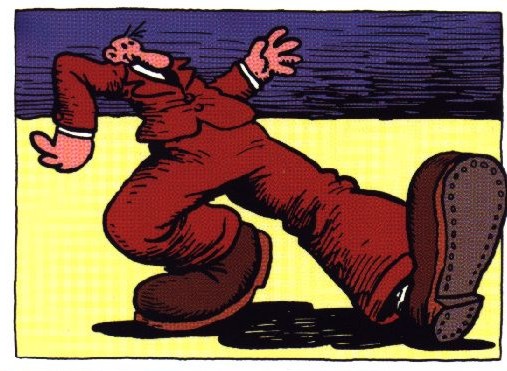AI, good enough I guess.
saturday, january 14th, 2023.
The topic of artificial intelligence has been all over the fediverse in recent memory. ChatGPT, Stable Diffusion, and similar models have demonstrated their ability to make likenesses of human creation. Those that make a living making art are understandably upset by the tide of AI.
As a software engineer, I'll admit I got caught up in the AI hype some years ago. I bought a copy of Artificial Intelligence: A Modern Approach and worked my way through handwriting recognition by following along with Udacity's Introduction to Artificial Intelligence online course. It was kinda fun playing around with TensorFlow. One of my coworkers and I started down the path of making an AI-controlled quadcopter using a Raspberry Pi as the brains before we lost interest. I guess you could say I'm pretty qualified to have cocktail party ideas on the subject. ;)
self-driving cars and probability.
I don't particularly go out of my way to follow the news with Tesla's self-driving AI, but somehow those stories percolate their way to my attention anyway. Just a few days ago, the footage for an 8-car pileup on the San Francisco Bay Bridge made the rounds.
Y'all, it's hard to make something like self-driving work well. Artificial intelligence, from my neophyte understanding, is a glorified stack of weighted probabilities. If you're trying to figure out what fruit is in a given picture, you look at it and say:
- Does this look like a picture of an apple? 75% yes, 25% no.
- Does this look like a picture of an orange? 10% yes, 90% no.
And so forth and so on. If you've trained your model that answers such questions on a good enough training set, those probabilities start looking like "this is 99.999% likely to be an apple."

Thus, the quality of your AI, the ability for its model to get really good answers to those probabilistic questions, is dependent on the money you pour into building up those models. You have to collect a huge amount of training data and that data has to be guided to an accurate answer by some sort of reinforcement.
What I'm getting at is this: there's a correlation between the resources poured into a particular AI and its ability to be accurate. At some point, there's a cutoff at which point the AI's answers are "good enough." For generating likenesses of art, where getting a wrong answer doesn't cause an 8-car pileup, that cutoff is dependent on the trainer's taste. For control systems, that cutoff will be to the point of exhaustion. Regulators (and really, everyone) want that AI model to be 100% accurate— to never make a mistake or have a glitch.
and the future?
We are living in interesting times. I honestly can't tell if all the discussion around artificial intelligence is pure hype, like cryptocurrency and the positive transformative power of social media before it. Tech culture does have a penchant for hype trains in my experience. I do think that AI will have rippling effects on society, though. My car already has adaptive cruise control. The future is here.
However, it is personally frustrating to see the conversation centered around whether artificial intelligence can replace art. I've been privy to water cooler conversations between my engineering coworkers and it's dismaying to think that the fruits of AI research are that "you don't have to pay an artist to create assets," a paraphrased example.
I think that's missing the point.
My point is this: what are people for?
I read Wendell Berry's book by the same name, What Are People For?, last year. Berry has a way about cutting to the quick— of eschewing modern conveniences and focusing discussion on what it means to be human. His essay, "Why I Am Not Going to Buy a Computer," is apropos on the topic of computers and the transformative effect they have on society.
I suppose I'm more interested in the human experience than the minutiae of how good we're getting at simulating the human experience.
It'll be interesting to see how artificial intelligence can enhance the human experience in the coming years. I think we'll find our groove discovering the right places to use it. Still, we've been predicting that automation will reduce human toil for quite some time, yet most of the working world continues to clock in at the "factory" on a regular basis.
I think we'll keep on truckin' on just fine.

Until next time, be well. :)